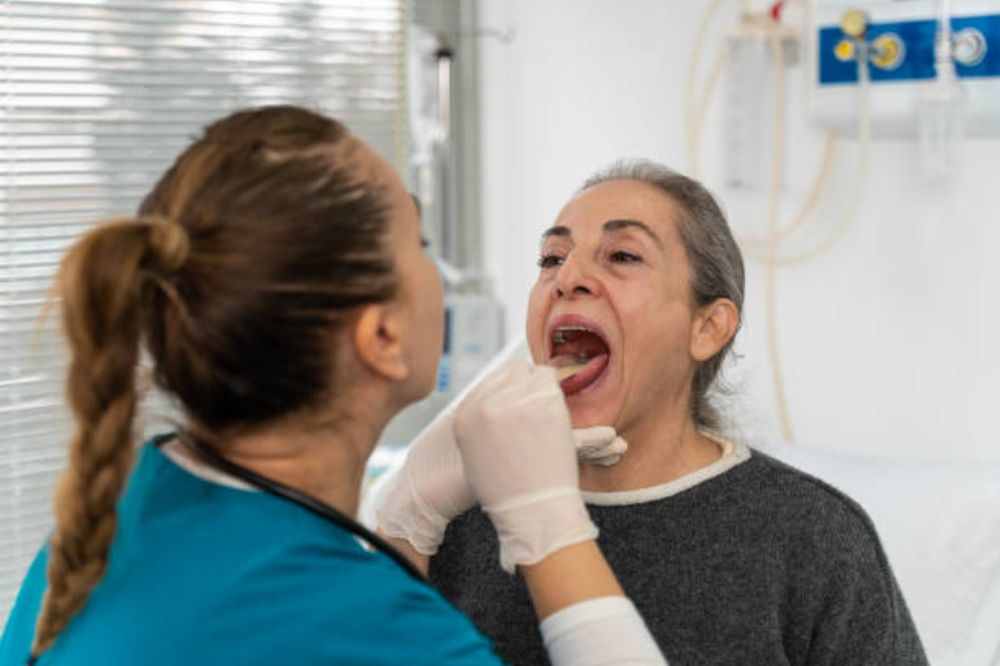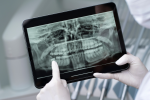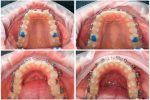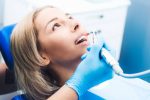Do you know who is at high risk for oral cancer and why? Oral cancer can develop silently and often with little or no pain, which is why oral cancer screening in Victoria is so important. Knowing who is at risk and what to do can help you take preventive measures and access timely dental care.
Regular visits to the dentist are an important part of your oral health. Routine exams can be opportunities for your medical professional to screen you for early signs of oral cancer. These include persistent sores, swelling or lumps, or white and red patches inside the mouth. Knowing about them can make treatment much more effective and the overall outcome so much better.
Who Is at Higher Risk?
Certain habits and health conditions can raise your likelihood of developing oral cancer. According to dental experts, risk factors include:
- Tobacco use: Smoking cigarettes or cigars or using chewing tobacco greatly increases risk.
- Excessive alcohol consumption: Heavy drinking over time weakens oral tissues.
- Human Papillomavirus (HPV) infection: HPV can affect the throat and oral tissues.
- Age and gender: Men over 40 are the most likely to be diagnosed.
- Sun exposure: Long-term sun exposure could elevate the risk for lip cancer.
Understanding these oral cancer risk factors associated with oral cancer could facilitate the discussion with your dentist about individualized screening intervals.
Why Regular Screenings Matter
Regardless of your oral health status, an intraoral examination performed by your dentist in Victoria can identify changes that might not be observed at home. Each screening will involve visual inspection and palpation of the tissues, lymph nodes, and oral structures. Early detection leads to better treatment outcomes, fewer complications, and an improved quality of life for you.
What Are the Lifestyle Choices That Reduce Risk
While there are things you can’t change, related to, for example, age or genetics, there are behaviours that can reduce risk:
- Quit smoking and avoid all kinds of tobacco.
- Limit your alcohol use.
- Take care of your teeth by brushing twice a day and flossing often.
- Include plenty of fruits and vegetables in your meals.
- Apply lip balm or sunscreen on your lips when in the sun.
Adding these healthy habits to regular oral cancer awareness can greatly minimize potential risk.
What Are the Signs that You Shouldn’t Ignore?
If the following signs show up, don’t take a chance or wait! Identifying oral cancer at the earliest possible moment will provide the best opportunity for receipt of care.
- Sores that have not healed after 2 weeks.
- Lumps, bumps, or rough patches that appear in your mouth.
- Numbness or pain that is unexplained in the mouth or lips.
- Difficulty swallowing or moving the jaw.
- Change in voice or persistent sore throat.
- These need an oral examination by a dentist as soon as possible.
Book Your Oral Cancer Checkup Now!
Whether you have symptoms or not, we encourage you to ensure you get your oral cancer screening at Oak Bay Dental Clinic. Early detection is life-saving. Don’t put it off anymore; please book your appointment and be healthier and safer.
FAQ
Q1. How frequently should adults receive an oral cancer screening?
Most adults should have a screening every year during their dental checkup, or more often if they are high-risk.
Q2. Can children require an oral cancer screening?
While uncommon, children with risk factors, including HPV exposure or certain genetic syndromes, could benefit from an annual screening.
Q3. Are there any painful aspects to an oral cancer screening?
No, the oral cancer exam is typically quick, non-invasive, and causes little to no discomfort.
Does nutrition affect oral cancer risk?
Yes, having a diet lower in fruit and vegetables could increase risk, while consuming good antioxidants or vitamins could provide some protection against oral cancer.
Q4. Can oral cancer develop if there are no symptoms?
Certainly. A majority of the time, oral cancer is asymptomatic early on which is why regular oral cancer screenings are so important.








